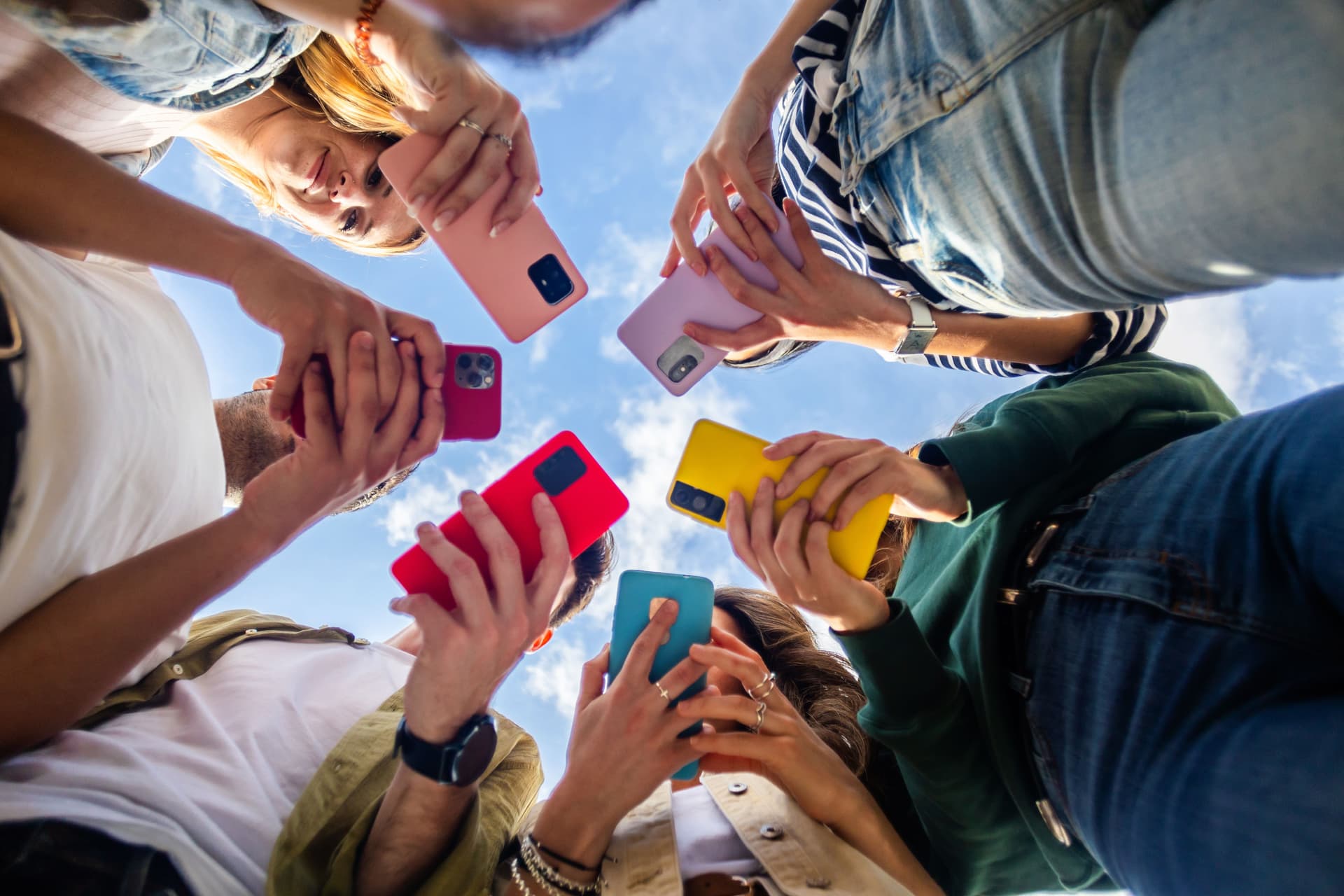
Gaming Addiction: When Entertainment Becomes Exploitation
Gaming addiction is real harm. GetCompensation.LAW connects victims with top attorneys to fight for justice, reform, and financial recovery.
Our Network of Attorneys Are Recognized by the Best
Gaming has become a daily part of modern life — but for many, it’s far more than a hobby. Behind the vibrant graphics and rewarding achievements lies a darker truth: for thousands of individuals and families, gaming has become a source of real, measurable harm. At GetCompensation.LAW, we believe gaming addiction is not a matter of personal failure — it’s a systemic issue fueled by intentional design choices and corporate indifference.
This is not just a story about screens and apps. It’s a story about mental health, psychological manipulation, and the need for accountability.
How Gaming Addiction Became a Public Health Crisis
What began as a simple form of entertainment has evolved into an industry worth billions — one that uses behavioral psychology to keep users engaged, and often, addicted. Game developers incorporate sophisticated tools like reward loops, social pressure, and real-time analytics to encourage constant interaction. Many of these games are designed without natural stopping points, making it difficult for users to regulate their time or disengage.
Perhaps most concerning is the fact that these techniques are often aimed at children and teens. The use of loot boxes, dopamine-driven mechanics, and pressure-based challenges doesn’t just enhance entertainment — it rewires behavior. And because there are few effective industry regulations in place, these tactics go largely unchecked.
This isn’t accidental. It’s a business model — and it’s working exactly as intended.
Why Legal Action Is Necessary
The harm caused by gaming addiction isn’t limited to emotional distress. Victims experience serious life disruptions: dropping out of school, losing jobs, suffering from anxiety and depression, and facing financial devastation due to in-game purchases. Parents often feel powerless, unsure of where to turn or how to intervene.
That’s where legal action comes in. When companies design and market games in ways that are knowingly exploitative — especially toward minors — they should be held responsible. Litigation can bring compensation for affected families, but it also helps trigger policy reform, push for stricter regulations, and expose internal practices that prioritize profit over public well-being.

Real-Life Consequences for Families and Individuals
Gaming addiction isn’t just about spending too much time online. For many, it leads to profound emotional isolation, serious health issues due to inactivity, or spiraling financial problems. Children may lose interest in school or social activities. Adults may experience sleep disorders, panic attacks, or difficulty maintaining employment.
The psychological damage can be long-lasting. In severe cases, individuals have experienced self-harm or suicidal thoughts as a result of compulsive gaming and the pressure created by these platforms. These are not rare, isolated incidents — they are the predictable result of an industry that has grown too powerful without meaningful oversight.
Who Is Responsible?
Game developers and distributors play a significant role in enabling addiction. Many of them have access to advanced user data and behavioral analytics but choose to use this information to drive further engagement rather than implement safeguards. Despite mounting evidence of harm, few companies have made real efforts to adjust their models or prioritize user well-being.
By failing to implement reasonable protections or acknowledge the risks, these companies contribute directly to the crisis. And when victims suffer, it's families — not corporations — who are left to deal with the consequences.
Your Rights and the Path to Justice
If you or someone you love has suffered due to gaming addiction, you may be entitled to compensation. Legal claims can include financial recovery for therapy, lost income, academic disruption, and emotional distress. In some cases, families may also be eligible for reimbursement of excessive in-app purchases, particularly when these were made by minors without consent.
But beyond compensation, these claims represent something more: a call for transparency, accountability, and reform. By joining legal efforts against predatory gaming practices, you can help spark lasting change.
Why Choose GetCompensation.LAW
We are more than a legal referral platform. We’re part of a growing movement to fight back against digital exploitation. Our partner attorneys have experience with complex litigation involving consumer protection, tech industry regulation, and emerging behavioral harm.
With no upfront fees and a results-driven approach, our mission is to support victims while challenging the companies that profit from addiction. Every case we take is treated with the seriousness it deserves, and every client is guided with empathy and clarity through the legal process.
Take the First Step Toward Recovery and Accountability
Gaming addiction doesn’t just hurt individuals — it affects families, schools, and entire communities. The companies that knowingly design addictive systems must be held accountable, and the legal system is one of the most powerful tools we have to create that change.
If you or someone close to you has been harmed by compulsive gaming, you’re not alone — and you’re not without options.
Visit GetCompensation.LAW to schedule a free consultation and learn how we can help. Together, we can hold the industry accountable — and fight for a safer digital future.




